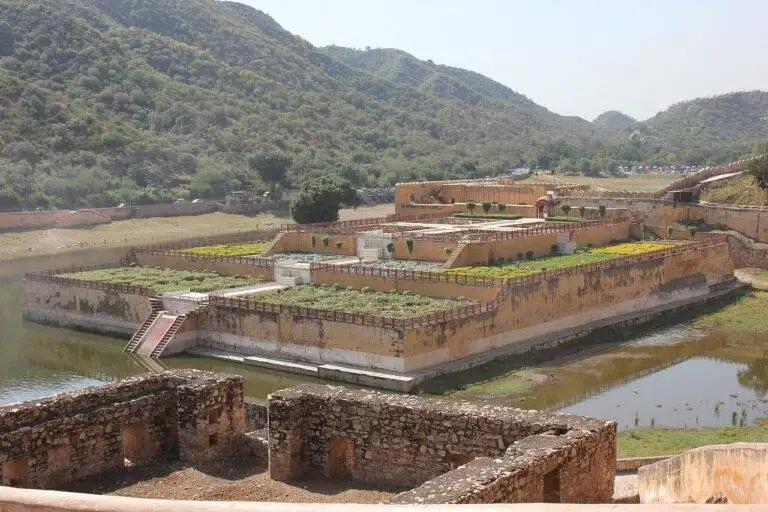Exploring the Role of Grassroots Movements in Shaping Election Policies
Grassroots movements play a vital role in fostering political participation among individuals who may not traditionally engage in the political process. By bringing together like-minded individuals who share common goals and values, grassroots movements empower ordinary citizens to have a voice in shaping the policies that directly affect their lives. These movements often serve as a platform for marginalized communities to advocate for their rights and mobilize for social change.
Moreover, grassroots movements have the potential to bridge the gap between citizens and policymakers, creating a direct line of communication that enables people to express their concerns and preferences. This bottom-up approach to political engagement can lead to greater transparency and accountability within the government, as decision-makers are more inclined to listen to the collective voice of the people. Through grassroots movements, individuals are able to participate in the democratic process in a meaningful way, thus strengthening the foundation of a truly representative government.
The Influence of Grassroots Movements on Policy Making
Grassroots movements play a significant role in shaping policy decisions. These movements often represent the voices of ordinary citizens who are directly impacted by government policies. By mobilizing and organizing at the local level, grassroots movements can effectively influence policymakers and bring attention to important issues.
Furthermore, grassroots movements have the power to hold elected officials and government institutions accountable. When policymakers see a groundswell of support for a particular cause or issue, they are more likely to take action to address the concerns raised by grassroots activists. This direct pressure from constituents can push policymakers to prioritize certain policies or make changes to existing ones.
How Grassroots Movements Mobilize Support for Political Causes
Grassroots movements are instrumental in mobilizing support for various political causes. They create a platform for individuals from diverse backgrounds to come together and advocate for change. Through grassroots campaigns, people feel empowered to voice their concerns and actively participate in shaping the political landscape.
Moreover, grassroots movements often utilize social media and other digital platforms to amplify their message and reach a wider audience. By leveraging the power of online networks, these movements can inform, educate, and engage individuals who may not have otherwise been aware of the cause. This digital connectivity enables grassroots movements to mobilize support on a larger scale and create a sense of unity among supporters.
• Grassroots movements provide a platform for individuals to advocate for change
• They empower people to voice their concerns and participate in shaping the political landscape
• Utilization of social media and digital platforms helps amplify their message
• Online networks enable grassroots movements to reach a wider audience
• Digital connectivity allows for informing, educating, and engaging individuals who may not have been aware of the cause
What is the significance of grassroots movements in political participation?
Grassroots movements play a crucial role in galvanizing public support and mobilizing individuals to actively engage in political causes, leading to increased participation and advocacy for change.
How do grassroots movements influence policy making?
Grassroots movements can exert pressure on policymakers through public demonstrations, lobbying efforts, and grassroots organizing, ultimately influencing policy decisions and shaping public discourse.
What are some strategies that grassroots movements use to mobilize support for political causes?
Grassroots movements often utilize social media campaigns, community outreach efforts, grassroots organizing, and coalition building to mobilize support, raise awareness, and generate momentum for their political causes.







